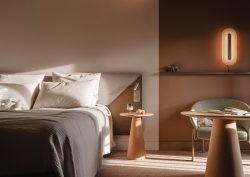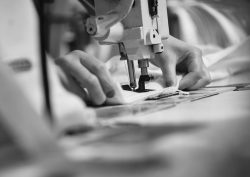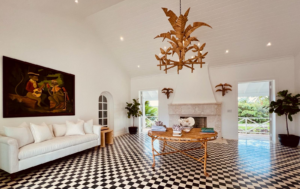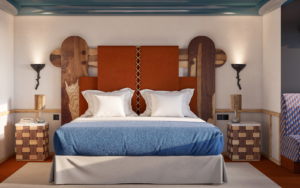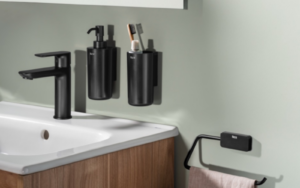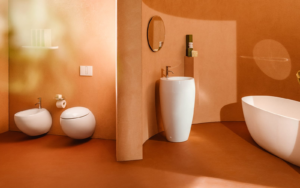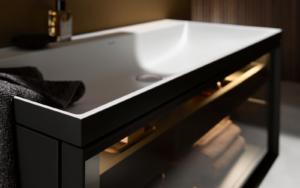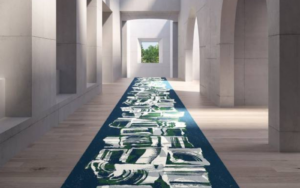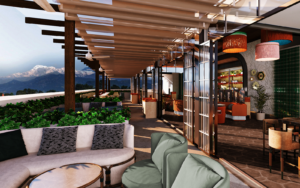Katerina Zachariades, Creative Director at British design-led furniture manufacturer Morgan, explores the top sustainability considerations hospitality designers and specifiers should make when selecting furniture…
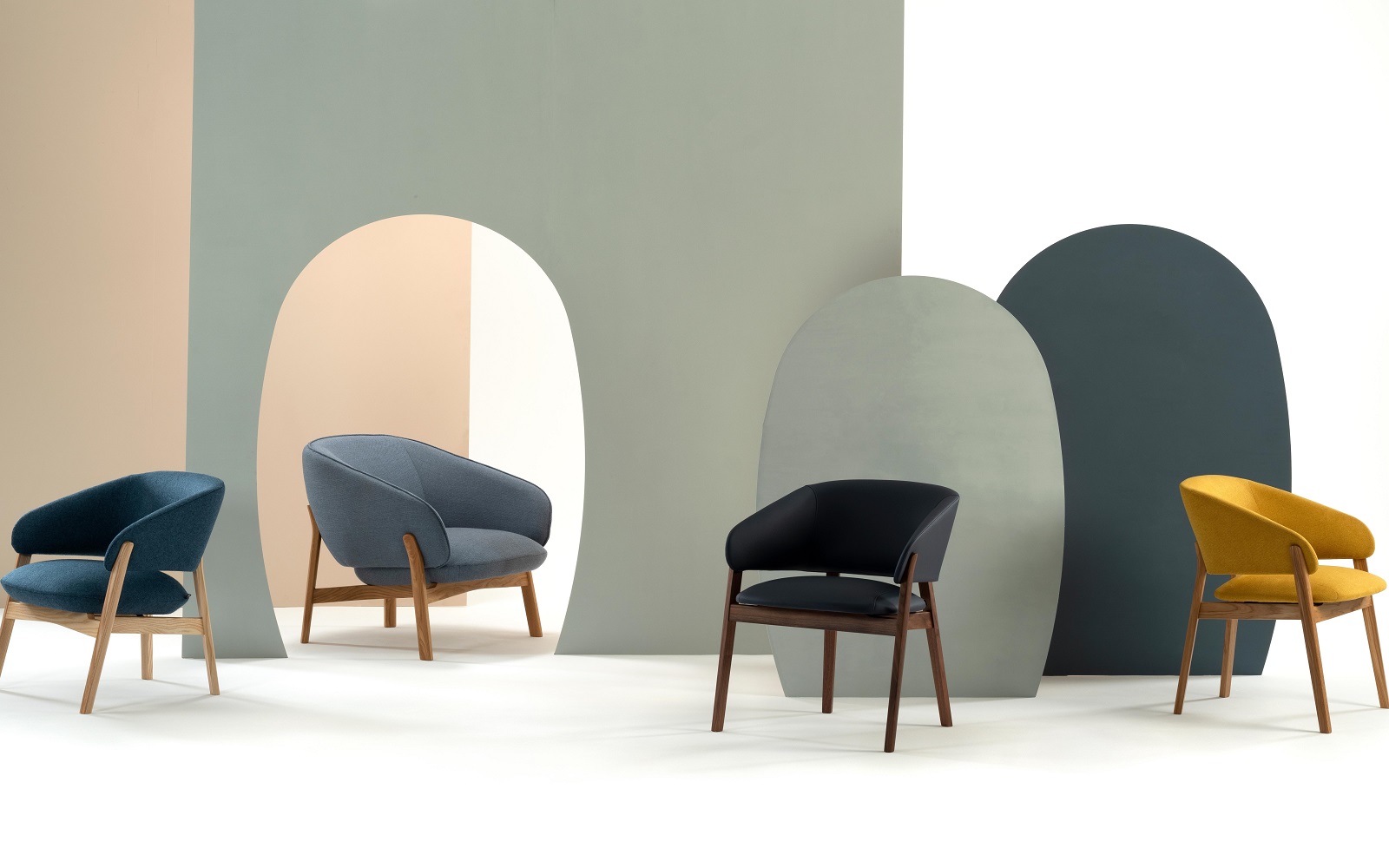
Gone are the days of sustainability as a mere buzzword in the hospitality industry. Not only is sustainability a defining factor in creating standout interior spaces, the benefits of eco-conscious furniture design extend to enhanced functionality, lower lifetime costs and more satisfied clients. The pursuit of sustainabilty in furniture design presents an opportunity for industry professionals to shape a more environmentally conscious future. By considering sustainable materials, embracing innovative manufacturing technologies, minimising waste and challenging throwaway culture, designers can create exceptional spaces that align with the ever-growing demand for eco-friendly solutions.
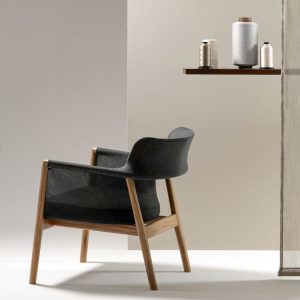
Upholstery plays a pivotal role in both the visual appeal and comfort of furniture. By opting for fabrics made from recycled materials, designers can significantly reduce environmental impact. The most recent Morgan collection, Aran, exemplifies this approach by utilising knit material composed of post-consumer recycled plastic bottles. These fabrics not only contribute to waste reduction but also offer exceptional durability and aesthetic versatility, enabling designers to create one-of-a-kind interiors.
Similarly, where possible, opt for frames and tabletops that incorporate recycled and/or recyclable materials. There is a plethora of options available, such as terrazzo or table tops made of recycled plastics, such as yoghurt pots, which create eye-catching effects while reducing waste. Choosing an unusual recycled product or one related to your company can form the basis for a story that helps build brand loyalty.
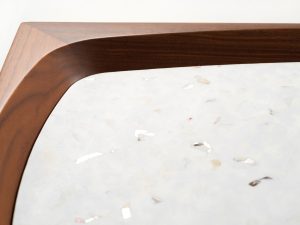
Image credit: Morgan
When it comes to timber frames, prioritise sustainability sourced wood. Ash, known for its self-seeding and fast-growing properties, is one of the most sustainable hardwoods available in the UK. Its abundant availability and versatility make it suitable for furniture, cabinetry and more. Despite being one of the toughest hardwoods, ash is relatively light with a good strength to weight ratio – ideal for furniture which receives a lot of use or is likely to be moved around frequently.
Harnessing modern manufacturing technology, 3D printing offers design freedom and significantly reduces waste. Unlike subtractive manufacturing methods, additive manufacturing (3D printing) utilises only the necessary materials to create a product. As 3D printing is increasingly adopted in furniture manufacturing, designers have greater design freedom and even more options for actively helping reduce environmental impact. Morgan’s Rio tables embrace this modern technology, comprising a striking, central 3D printed component, a glass top and timber turned legs.
Innovative approaches to furniture design can drastically reduce material waste throughout the production process. The material used for the Aran collection is a prime example, in which each fabric sleeve is knitted to fit precisely with zero waste. It’s an environmentally conscious solution that combines both form and function.
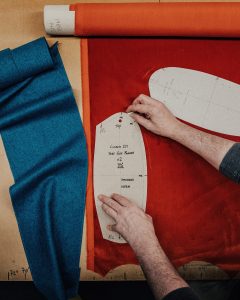
Image credit: Morgan
Behind the scenes, manufacturers’ choices about unused materials also impact sustainability credentials. Consider working with companies that have a plan in place for any potential waste. At Morgan, unwanted fabric off-cuts and roll ends are donated to a local charity, while any timber off-cuts go into a biomass boiler.
To combat throwaway culture and reduce environmental impact, designers should prioritise furniture that comprises elements that can be individually replaced or updated. This approach avoids the need for complete replacements when a single component wears out or becomes outdated. By offering modularity and adaptability, furniture pieces can evolve with changing needs and design trends, ultimately extending their lifespan and minimising waste.
Morgan is one of our Recommended Suppliers and regularly features in our Supplier News section of the website. If you are interested in becoming one of our Recommended Suppliers, please email Katy Phillips.
Main image credit: Morgan

